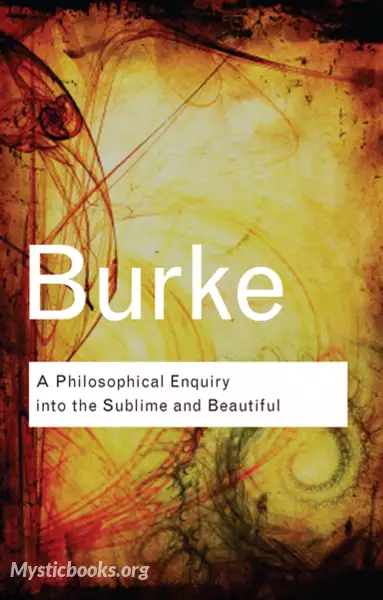
A Philosophical Enquiry
by Edmund Burke
'A Philosophical Enquiry ' Summary
According to Burke, the Beautiful is that which is well-formed and aesthetically pleasing, whereas the Sublime is that which has the power to compel and destroy us. The preference for the Sublime over the Beautiful was to mark the transition from the Neoclassical to the Romantic era.
The origins of our ideas of the beautiful and the sublime, for Burke, can be understood by means of their causal structures. According to Aristotelian physics and metaphysics, causation can be divided into formal, material, efficient and final causes. The formal cause of beauty is the passion of love; the material cause concerns aspects of certain objects such as smallness, smoothness, delicacy, etc.; the efficient cause is the calming of our nerves; the final cause is God's providence. What is most peculiar and original to Burke's view of beauty is that it cannot be understood by the traditional bases of beauty: proportion, fitness, or perfection. The sublime also has a causal structure that is unlike that of beauty. Its formal cause is thus the passion of fear (especially the fear of death); the material cause is equally aspects of certain objects such as vastness, infinity, magnificence, etc.; its efficient cause is the tension of our nerves; the final cause is God having created and battled Satan, as expressed in John Milton's great epic Paradise Lost.
Book Details
Language
EnglishOriginal Language
EnglishPublished In
1757Authors
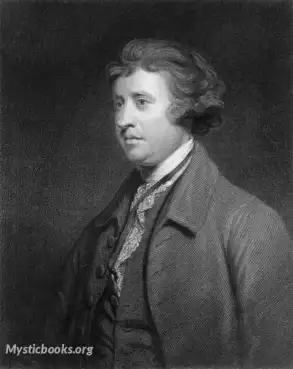
Edmund Burke
Ireland
Edmund Burke was an Irish statesman, economist, and philosopher. Born in Dublin, Burke served as a member of parliament (MP) between 1766 and 1794 in the House of Commons of Great Britain with the Whi...
Books by Edmund BurkeDownload eBooks
Listen/Download Audiobook
- Select Speed
Related books

Nada menos que todo un hombre by Miguel de Unamuno
The novel explores the complexities of love, identity, and the human condition through the story of Alejandro, a wealthy man with a mysterious past, a...
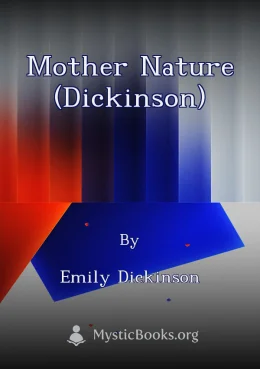
Mother Nature (Dickinson) by Emily Dickinson
Emily Dickinson's "Mother Nature" is a poignant exploration of the natural world and its connection to human existence. Known for her unconventional...

Domestic Bliss by Ella Wheeler Wilcox
Domestic Bliss is a poem by Ella Wheeler Wilcox that explores the complex and often contradictory nature of domestic life. The poem begins with a desc...
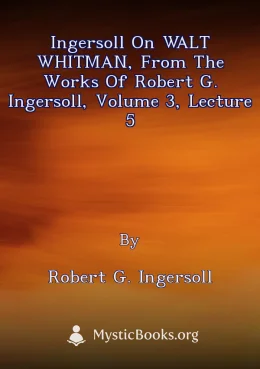
Ingersoll on WALT WHITMAN, from the Works of Robert G. Ingersoll, Volume 3, Lecture 5 by Robert G. Ingersoll
In this lecture, Robert G. Ingersoll explores the life and work of the American poet Walt Whitman. Ingersoll argues that Whitman was a great and origi...
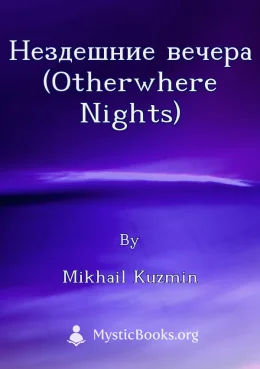
Нездешние вечера (Otherwhere Nights) by Mikhail Kuzmin
The collection of poems \"Otherwhere Nights\" by Mikhail Kuzmin was written in the turbulent years of the First World War and the Russian Revolution....

Leviathan, or The Matter, Forme and Power of a Common Wealth Ecclesiasticall and Civil by Thomas Hobbes
Leviathan or The Matter, Forme and Power of a Commonwealth Ecclesiasticall and Civil, commonly referred to as Leviathan, is a book written by Thomas H...

Love by Samuel Taylor Coleridge
The poem Love by Samuel Taylor Coleridge is romantic and emotional. It focuses on the tender, intense feelings of love, admiration, and longing betwee...
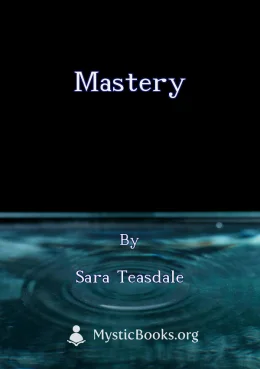
Mastery by Sara Teasdale
'Mastery' is a collection of poems by Sara Teasdale that explore themes of love, beauty, nature, and art. Teasdale's poems are known for their lyrical...
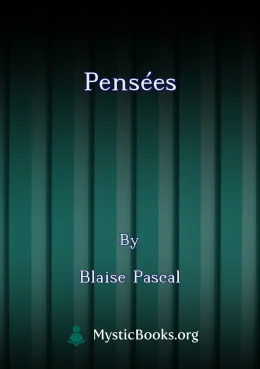
Pensées by Blaise Pascal
Pascal's Pensées is widely considered to be a masterpiece, and a landmark in French prose. When commenting on one particular section (Thought #72), Sa...
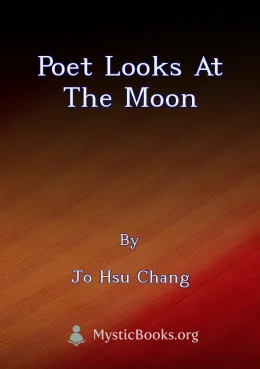
Poet Looks At The Moon by Jo Hsu Chang
A Poet Looks at the Moon is a collection of 21 poems by the Chinese poet Jo Hsu Chang, translated into English by E. Powys Mathers. The poems are insp...
Reviews for A Philosophical Enquiry
No reviews posted or approved, yet...